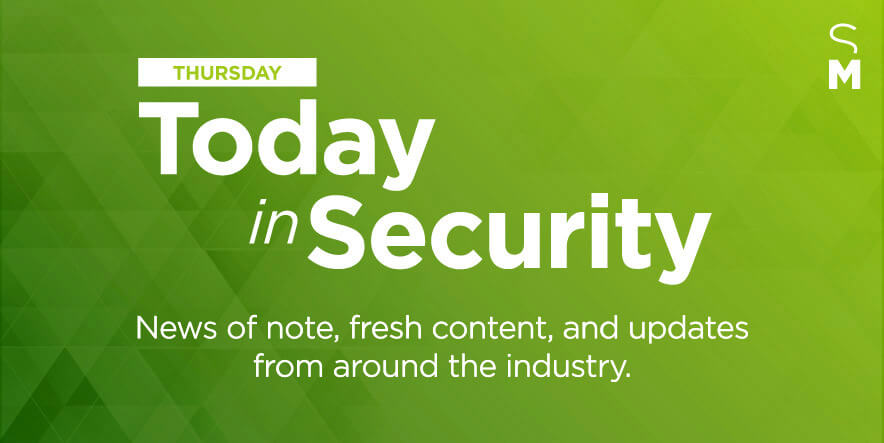Cuban Government Lashes Back at Protesters
Two weeks ago, Cubans peacefully protested in the streets against the island nation’s government, hoping that public pressure would result in political and economic reforms. Protests on 11 July were fueled by frustrations over the country’s economic crisis, which was exacerbated by the pandemic’s impact on tourism, as well as over shortages of food and medicine.
“The response by authorities has been draconian,” The New York Times reported. Civil rights groups estimate that roughly 700 protesters are arrested or detained by the authorities, including journalists, according to Cubalex, a human rights group.
Cuban President Miguel Díaz-Canel criticized the protesters, while state-run news outlets accuse the protesters of looting and vandalism. Cuba’s foreign minister accused the United States of instigating and funding the protests.
“Cuban government officials say that all investigations and detentions stemming from the 11 July protests—which included looting, attacks on police officers, and acts of vandalism—have been conducted lawfully,” The Times said. However, there have been reports of expedited trials for those arrested in connection with the demonstrations.
Reports of people who had participated in the demonstrations now hiding in fear are widespread, as are increased security forces throughout Havana.
Cuba is also controlling access to information for its residents, with the BBC reporting that Internet blackouts have been instigated throughout the island since the protest. Although mobile Internet was established in the country at the end of 2018, it is controlled by ETECSA, a state-owned telecom company.
⚠️Update: Real-time network data confirm social media and messaging platforms including Facebook and WhatsApp are again restricted in #Cuba on state-run internet provider ETECSA after brief period of restoration on day four; incident ongoing 📵#SOSCuba
— NetBlocks (@netblocks) July 15, 2021
📰https://t.co/7eGwPS1Mqf pic.twitter.com/HJSv7xCr1P
“Mobile internet is the main way for Cubans to access independent news, and many said the blackouts had increased the sense of ominous unease following the protests,” BBC News said.
The day after the protest, Internet monitoring site Netblocks reported social media and messaging restrictions on the island.
The United States and 20 other countries condemned the arrests and want the Cuban government to restore full Internet access. The additional pressure comes a week after U.S.-imposed sanctions on a Cuban security minister and a special forces unit over alleged human rights abuses in response to the protests.
The global leaders also called on Cuba to release the detained protesters and respect the rights and freedoms of Cubans.
Protests in the country are rare, and unapproved public gatherings are illegal. In recent years, activists supporting artistic expression and LGBTQ rights have tried to hold protests, but they have been met with quick responses from plainclothes state security and police forces.
